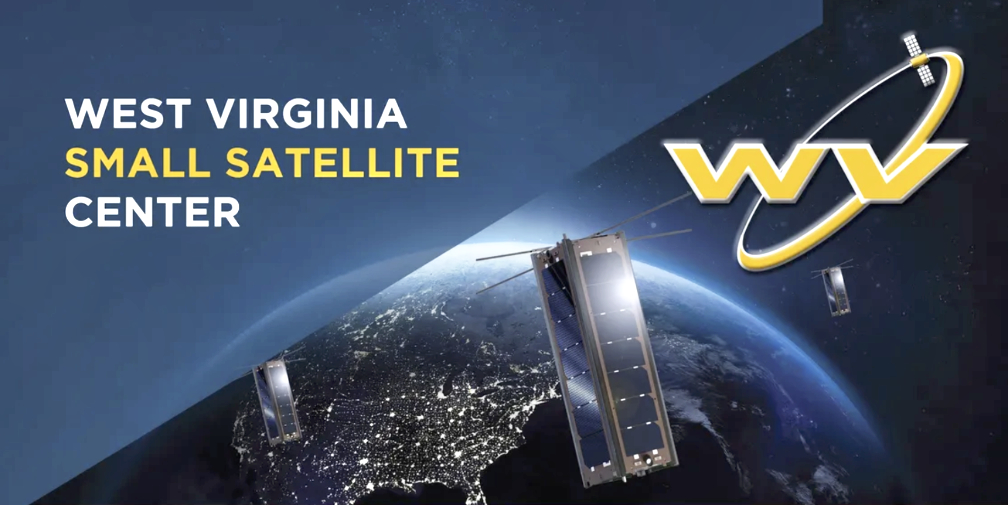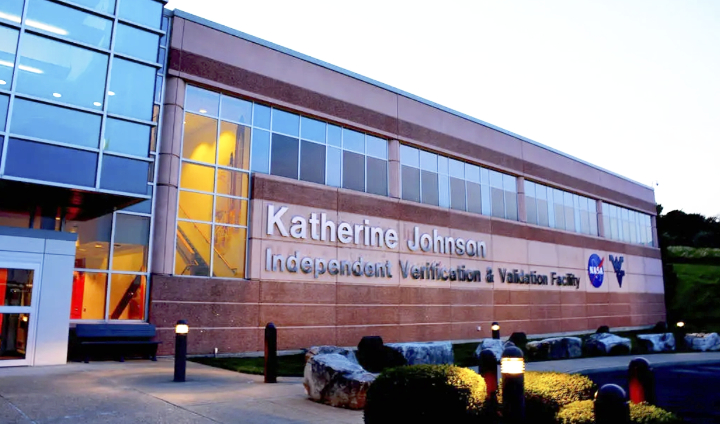
The West Virginia Small Satellite Center (WVSSC) at West Virginia University (WVU) is among eight teams selected to work with NASA’s CubeSat Launch Initiative (CSLI) and the U.S. military as part of the 2024 Mission Concept University Nanosat Program (UNP).

The team’s principal investigator is Dr. Andrew Rhodes, a WVU Teaching Assistant Professor and Program Coordinator in the Department of Mechanical, Materials, and Aerospace Engineering.

TMC Technologies Senior System Engineer Dr. Mark Suder is the project co-principal investigator. Suder and Rhodes are members of the WVSSC located at the WVU Benjamin M. Statler College of Engineering and Mineral Resources.

The WVSSC team’s winning effort, “Advancing WVU Space,” will expand the application of the NASA Operational Simulator for Small Satellites (NOS3) software, developed for the Simulation-to-Flight 1 (STF-1) small satellite built by TMC Technologies in partnership with the West Virginia Space Grant Consortium at NASA’s Katherine Johnson Independent Verification and Validation (IV&V) Center. STF- 1, also known as “West Virginia’s First Spacecraft,” operated at near-peak efficiency for 1,893 days (5 years, two months). On February 21, 2024, it finally de-orbited into Earth’s upper atmosphere.

Following a kickoff event at NASA’s Kennedy Space Center in Florida in May, the WVSSC team will travel to the U.S. Air Force’s University Nanosatellite Program facilities in Albuquerque, New Mexico for two months. During their time in Albuquerque, three students from each team will intern with the Space Dynamics Laboratory, receiving direct mentorship and guidance from small satellite experts to refine their proposals and enhance their project’s viability for spaceflight under NASA’s CSLI or Air Force nanosatellite launch opportunities.
The program culminates in final presentations held in Albuquerque, with participants also encouraged to attend the Small Satellite Conference in Logan, Utah, in August.
“We are proud to have been selected to work with NASA and the U.S. military to foster innovation and expertise in the small satellite sector,” Dr. Rhodes said. “This initiative will offer WVU students invaluable systems engineering training specific to small satellite spacecraft development.”
“NOS3 proved to be a robust framework for system verification and software mission assurance,” TMC Technologies Chief Engineer and WVSSC Program Manager Dr. Scott Zemerick said. “Through the WVU Space initiative, we intend to expand the application of NOS3 to small satellite missions investigating the tracking, characterization, and mitigation of space debris.”
“This program reflects the importance of educating the next generation of small satellite systems engineers,” said Dr. David Martinelli, a WVU Research Professor and WVSSC Director. “We are thankful for the opportunity to showcase the small satellite success happening at WVU and the West Virginia Small Satellite Center.“
